Services
A Travel Plan (TP) is a document, which contains a package of measures to encourage residents / employees or visitors to try alternatives to single-occupancy car use. Typically, TP will include initiatives such as travel information packs, discounted public transport tickets, cycle vouchers, a dedicated travel websites, promotion of sustainable travel events and etc. Travel Plan is specific to the development location and takes into account the nature of the development (residential / retail / educational / employment), existing travel behaviour and the types of journey that the development makes. We are experts in developing Travel Plans in support of a planning application, furthermore we have years of experience of assessing TP submitted as part of planning applications so we know exactly what planning officers are looking for.
A Travel Plan will normally include an audit of the existing transport infrastructure, with the principal focus on sustainable travel such as an existing footpath / cycleway facility and public transport provisions. Based on the audit results and a survey of existing travel patterns, Travel Plans should set out clear targets and measures to achieve those goals, and for future monitoring & management arrangements. The outline role and responsibilities of the Travel Plan Coordinator would also be included in the Travel Plan.
There are four main types of Travel Plans, which are as follows:
- Full Travel Plans,
- Interim (Outline) Travel Plans,
- Framework Travel Plans,
- Travel Plan Statements.
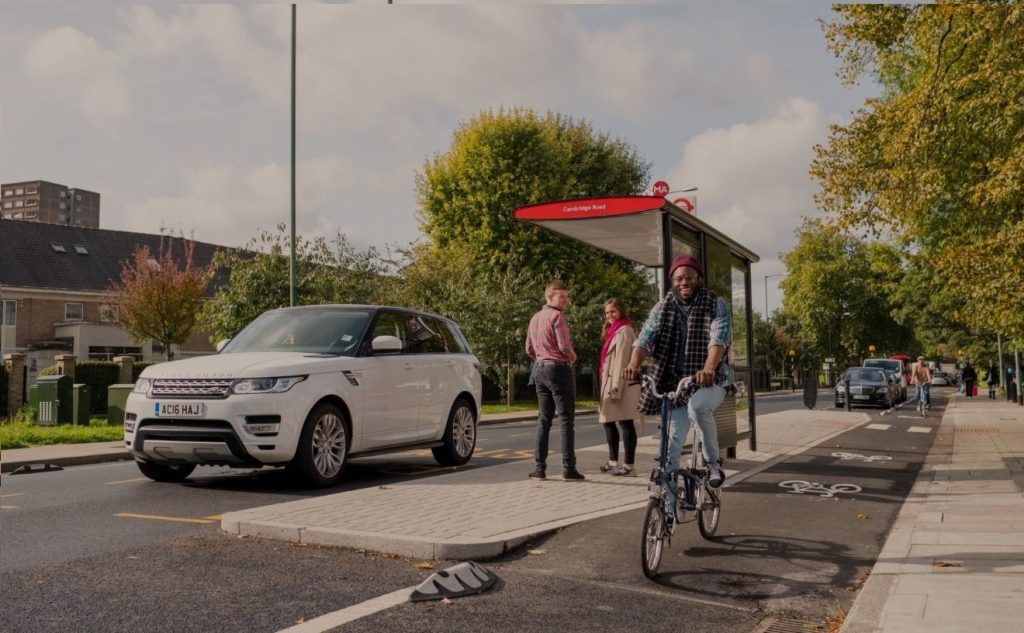

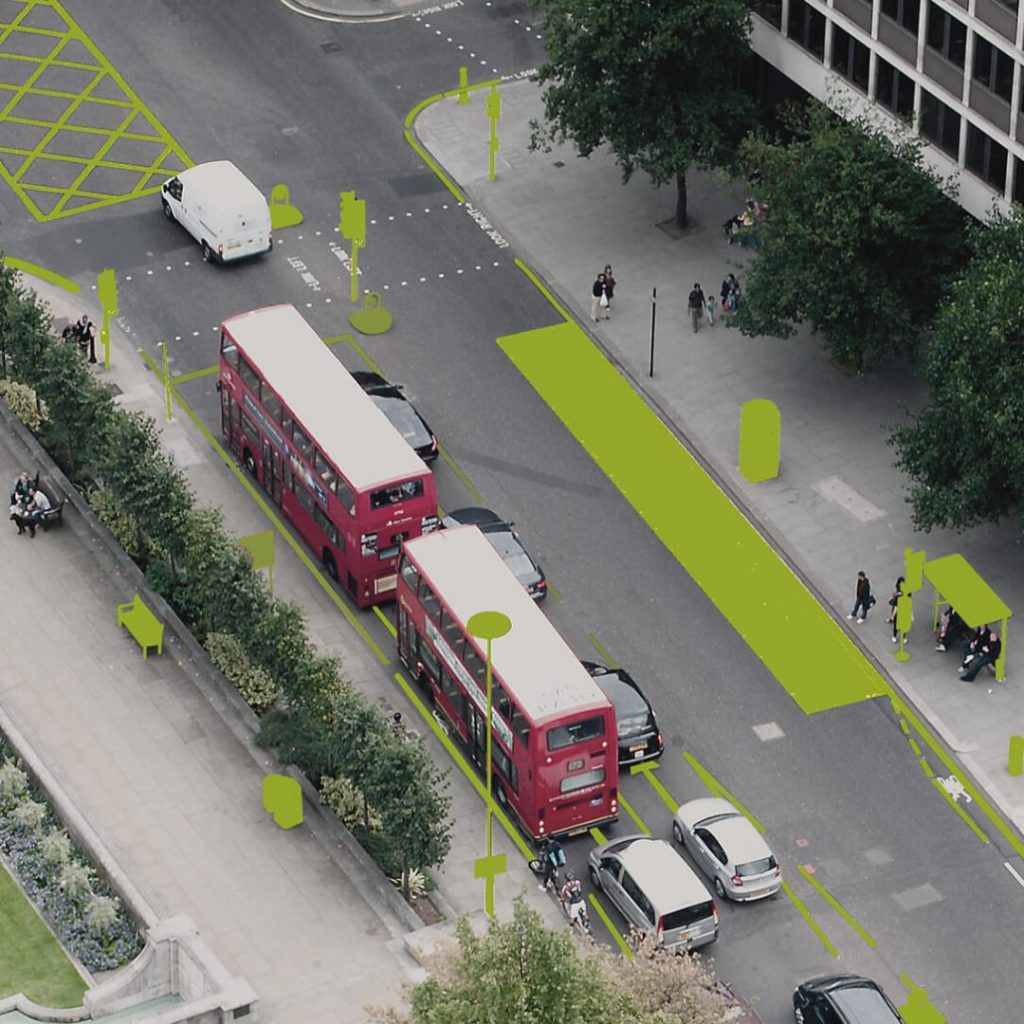

Why Nene Valley Transport Planning Consultants?
Consisting of mainly former Local Authority workers, our consultants have a plethora of experience within the planning and transport planning sector. We offer a range of planning application supporting documents from Travel plans, Parking survey reports, Transport statements, Transport assessments and Flood risk assessments. Having experienced Local Authority workers within our team is our USP, we understand exactly what is required from planning or highways to achieve planning permission for your development.

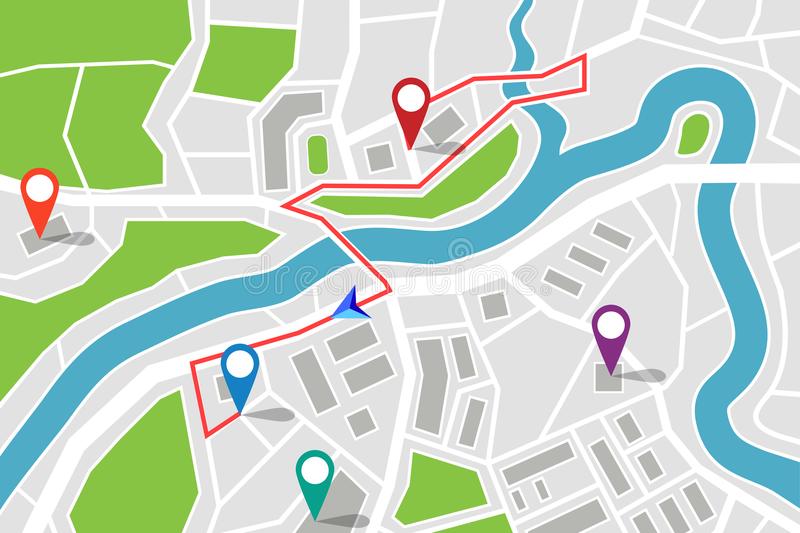
A full Travel Plan
A full Travel Plan should be submitted to the Local Authority in support of a full planning application. This will include clear targets, measures to achieve those targets, and a monitoring & management strategy.
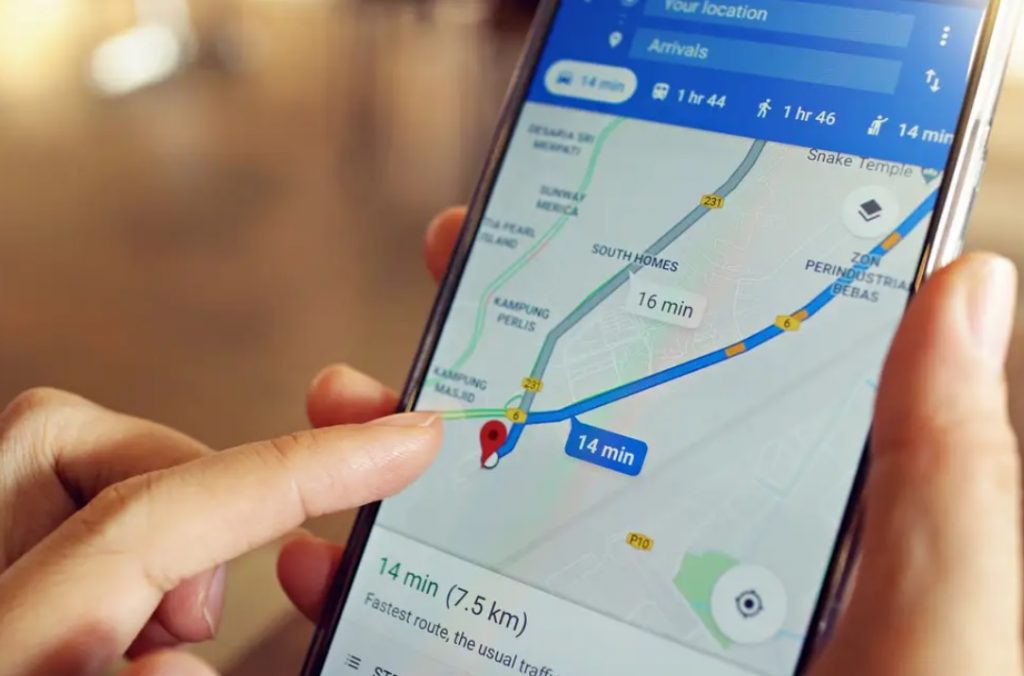
An Outline Travel Plan
An Outline Travel Plan may be acceptable where there are only a few occupiers and these cannot be identified at the planning application stage. The document should include clear targets, but some aspects may remain provisional (i.e. details of measures).

A Framework Travel Plan
A Framework Travel Plan may be appropriate in the case of large mix- used developments, which cannot be identified at the planning application stage. The report should focus on targets and measures across the whole site. The individual Travel Plans for different parts of the development should be developed once the occupants of the site are known. This should be consistent with the Framework Travel Plan

A Travel Plan Statement
A Travel Plan Statement can be used to support small developments which do not justify a Full Travel Plan.
WHEN IS A TRAVEL PLAN REQUIRED?
Paragraph 36 of the National Planning Policy Framework sets out that all developments that generate significant amounts of transport movement should be required to provide a Travel Plan. TPs are important in the planning context and should be integrated into the design and occupation of the new site. TPC will take forward the identified mitigation measures that relate to an on-going occupation and operation of the development.
Appendix B of the ‘Guidance on Transport Assessment’ (March 2007) provides indicative thresholds for Travel Plans when needed to support a planning application. These thresholds are for guidance purposes and should not be read as absolutes. In some circumstances, a TP may be appropriate for a smaller development than suggested by the advisory thresholds. This may be appropriate if the road capacity is already stretched in the surrounding area. Local planning authorities will make a judgement on a case by case basis. Therefore, it is strongly recommended to undergo early pre-application discussions between a developer and the relevant authorities.
You can view the Indicative thresholds for Transport Assessments and Travel Plans here. *hyper link to a pdf which I will provide*
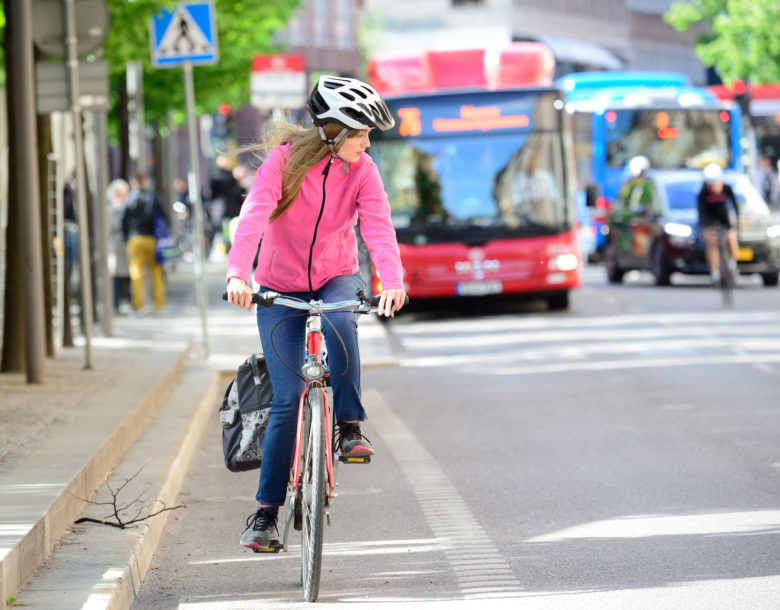
BENEFITS OF TRAVEL PLAN
The Travel Plan can offer real benefits to the local community. It can help to relieve congestion problems and therefore improve safety on local roads by promoting alternatives to car use. Additionally, a strong Travel Plans will make the site more attractive to potential occupiers / users. Some local authorities will reimburse the developer with a percentage of the Transport Contribution once the Travel Plan targets are met.
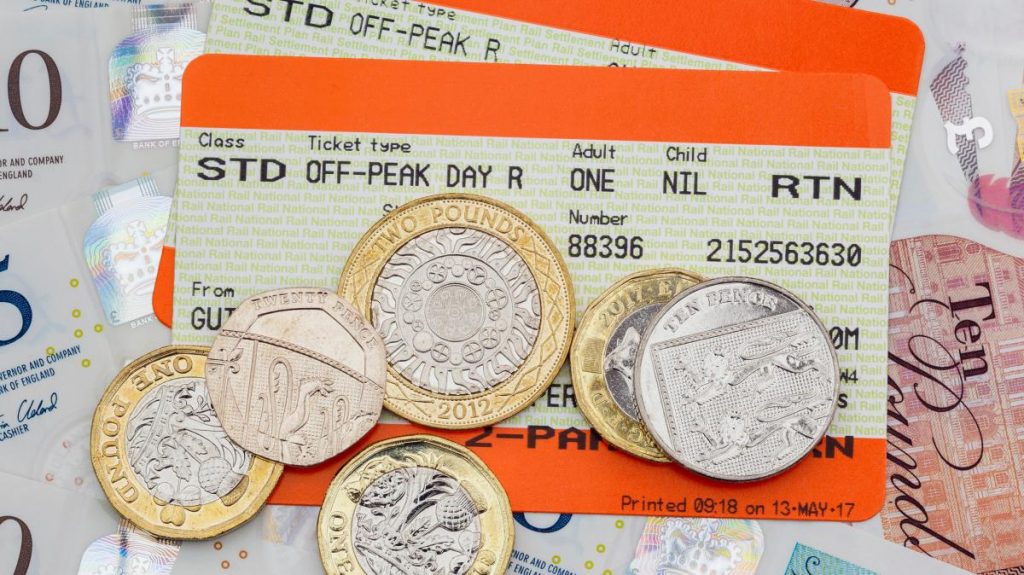
TRAVEL PLAN COST
The preparation of the Travel Plan will depend on the development size, development type and its location. Usually this will vary between £1,000 to £4,000. Please contact Travel Plan Consultants for a competitive fee proposal for your development. We will beat any quoted price
Parking Survey and Studies
Has a Local Planning Authority asked you for a parking survey?
A Local Planning Authority may advise an applicant that rather than providing a supporting Transport Statement or Transport Assessment some form of concise transport study or survey would be sufficient to support a planning application. This will depend on: the authority and officer, local circumstances, proposed Use Classes, proposed scale / size, access arrangements, off-street parking provisions etc.
On-Street Parking Surveys are common requirements for developments in urban centres with heavily parked streets.
Parking surveys involve: measuring total street parking capacity, providing an electronic street inventory on Ordnance Survey map extract using AutoCAD, surveying actual parking demand at specified times and days, calculating ‘parking stress’ and providing a formal report for submission.


Residential Travel Packs
The aim of the residential travel pack is primarily to promote, foster and encourage a move toward sustainable travel by those moving into new residential developments. Throughout the planning process, and in line with current government planning policy, measures that would aim to develop sustainable links from new developments, including extended bus service provision, improved cycling and walking links and access to travel information, are agreed to by the developer. With the physical infrastructure in place, the intention is that each new resident is made fully aware of the travel choices available and is given the best possible opportunity to consider more sustainable modes of travel.
Through the Residential Travel Pack, developers should aim to provide sufficient information that would allow residents to make informed travel choices, and be given the incentive to try new modes of travel either via discounted travel passes or travel vouchers. Additionally, as a means to encouraging modal shift away from private car use, the health and economic benefits of non-car based travel should also be identified.
